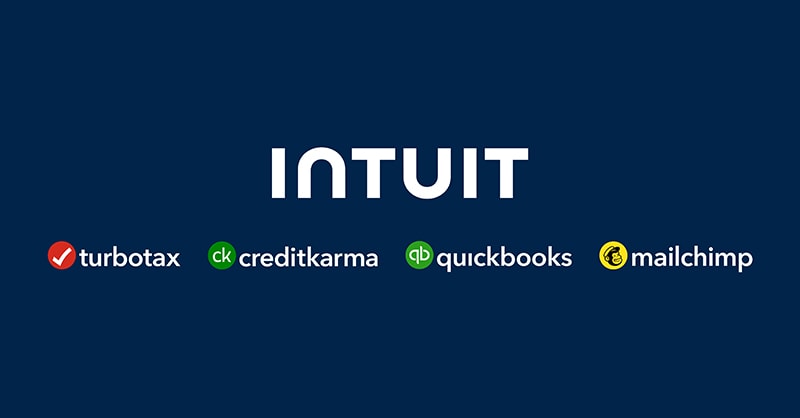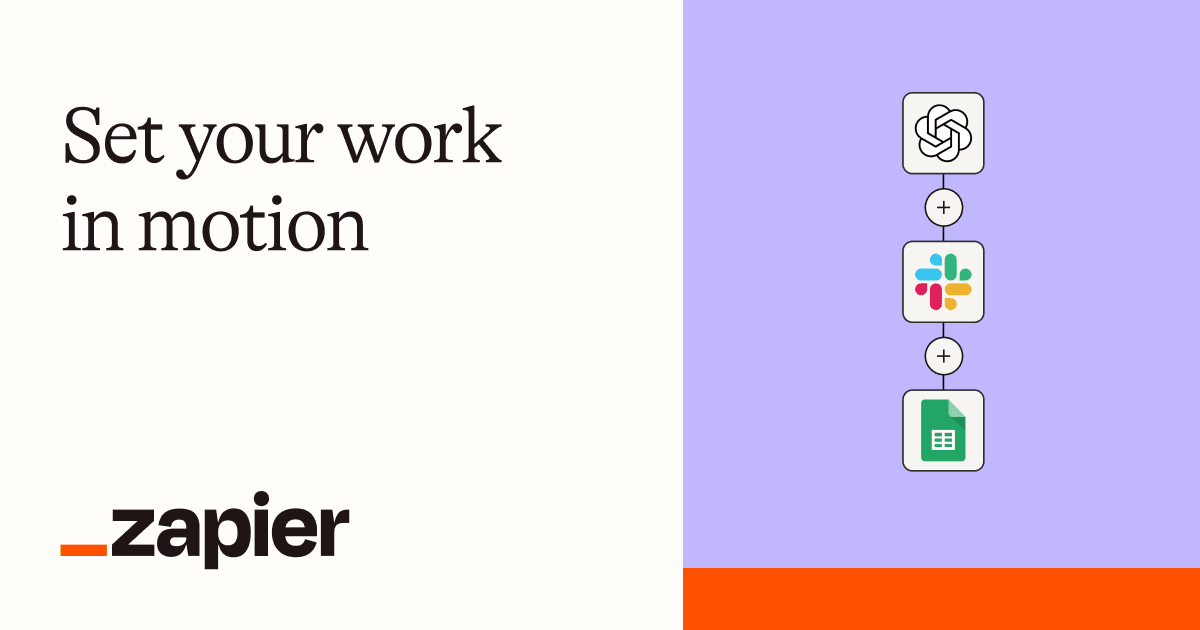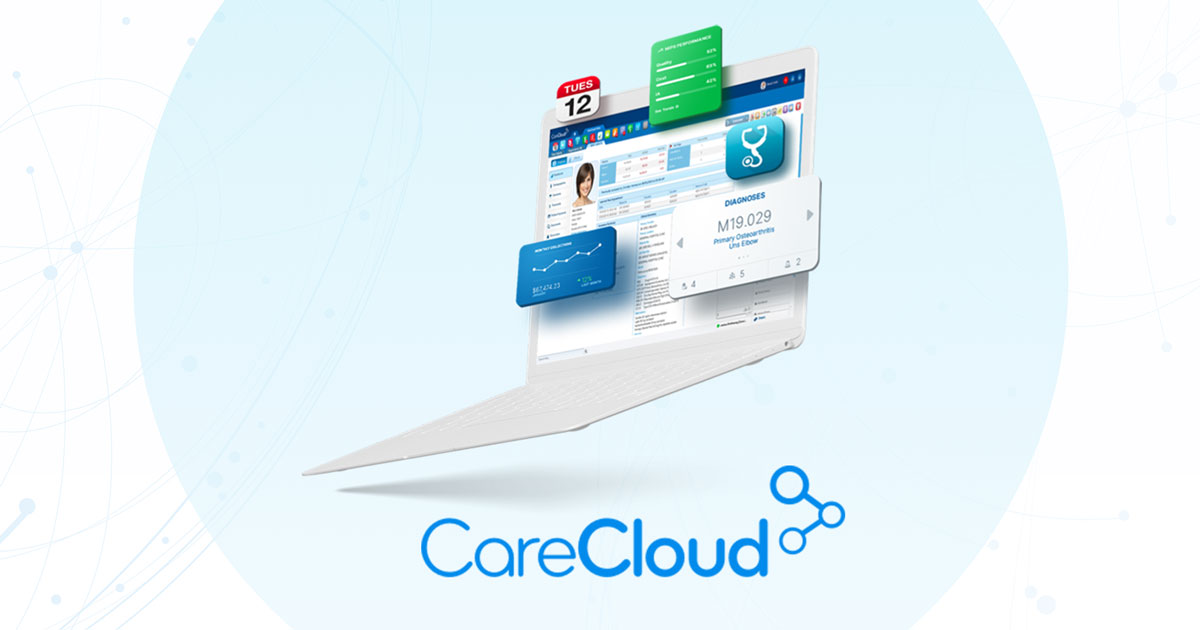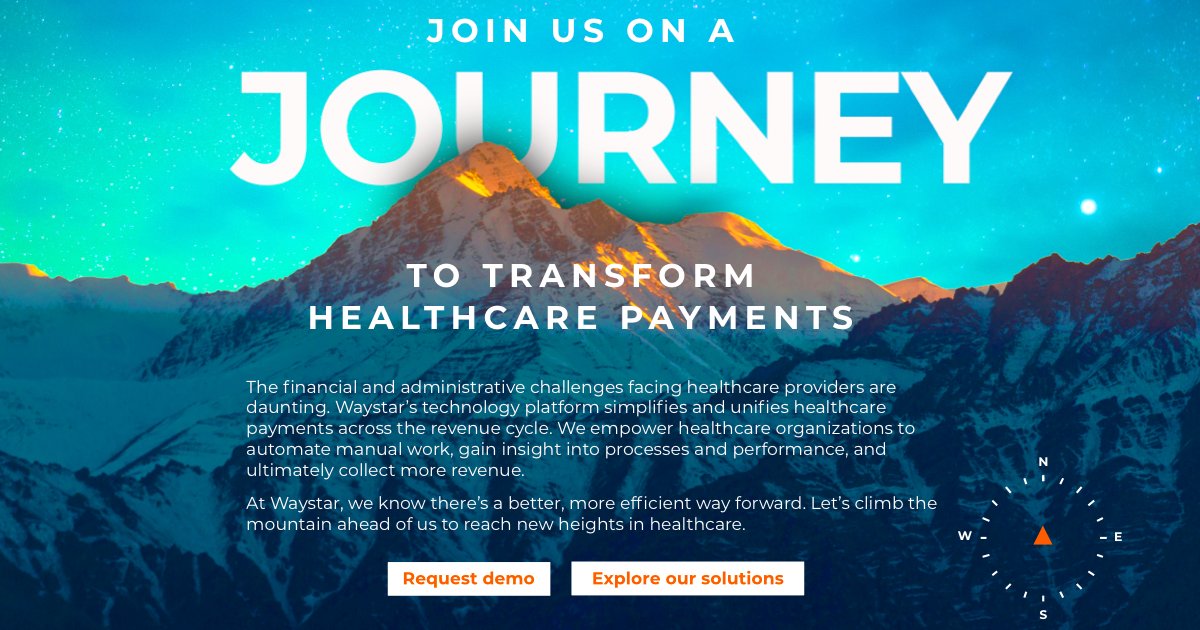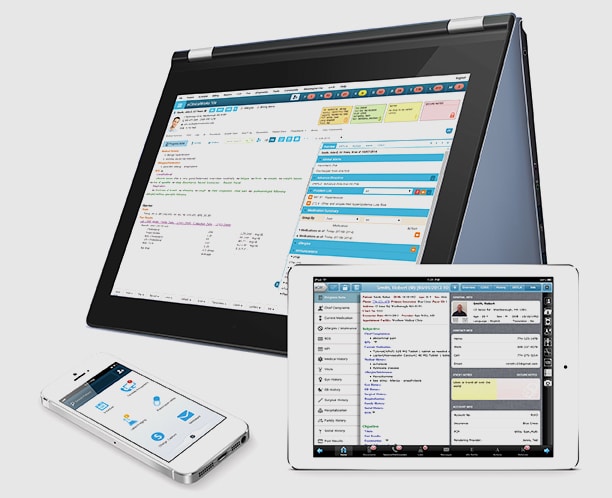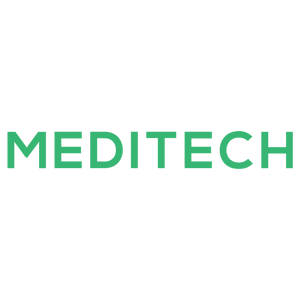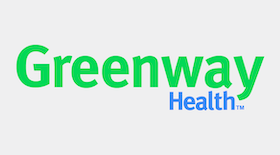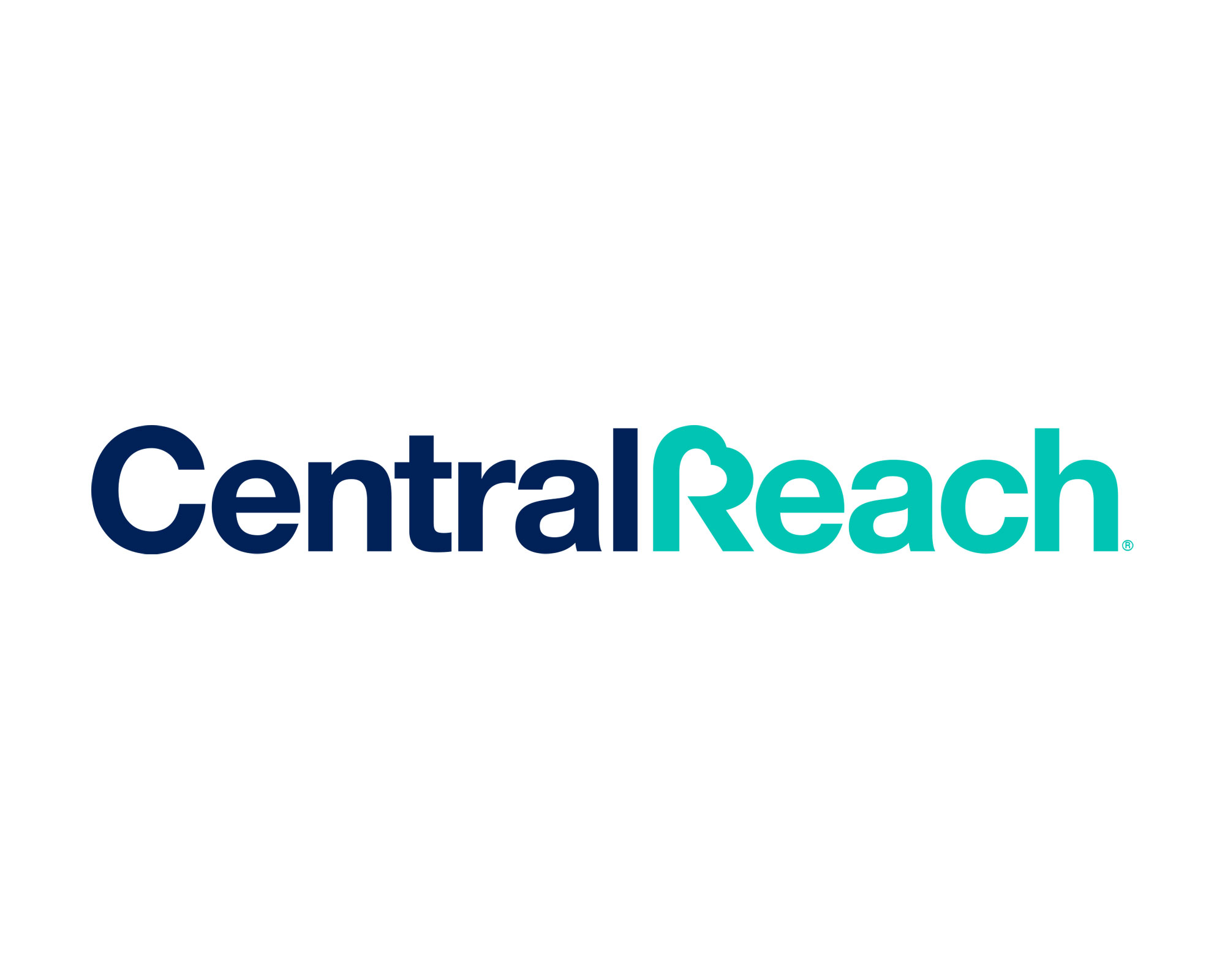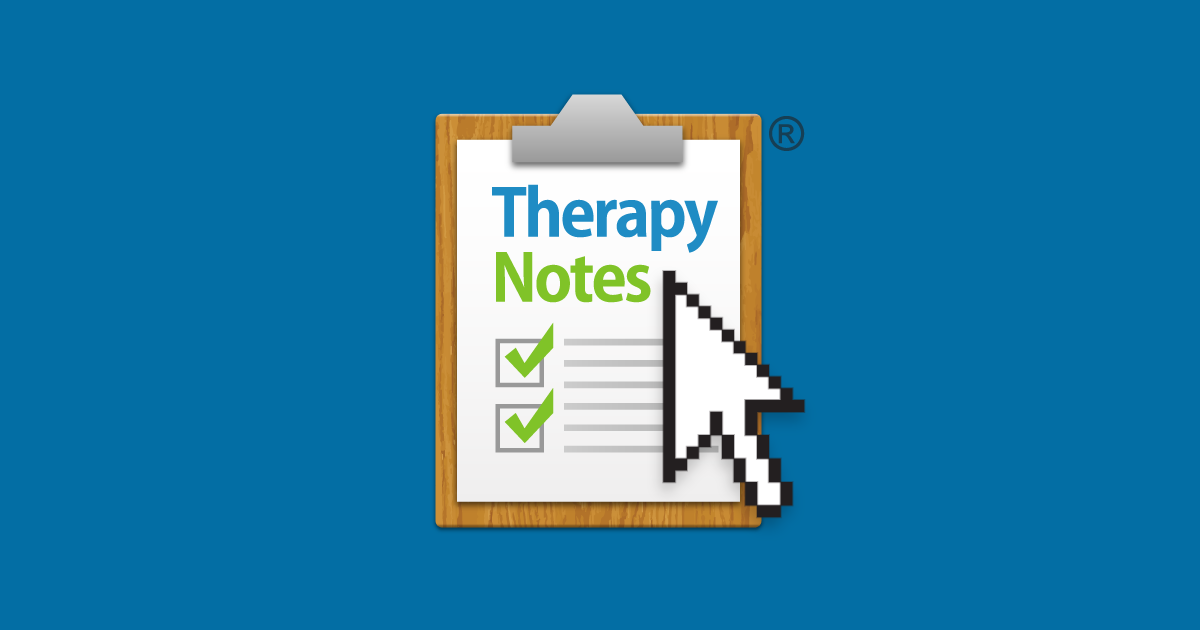Introduction
Choosing reliable medical billing software is crucial for healthcare practices to efficiently manage payments, reduce claim denials and stay compliant with regulations. This blog evaluates the top 15 medical billing software options based on key criteria like ease of use, reporting capabilities, specialization, integration, security and support. We also consider client reviews, pricing transparency and the company’s reputation in the industry.
Methods of Evaluation
Each software is evaluated based on features, pricing, reputation and other factors. Features covered include clinical and practice management tools, reporting, customization, security and support. Pricing is an important criterion, especially for smaller practices. Reputation is determined based on client reviews, industry awards, and years of experience in healthcare IT. Other factors like the number of healthcare provider clients, integration options and mobile functionality are also taken into account. Additional metrics like backlink profiles, traffic and keyword trends are leveraged to rank the companies and determine industry leadership.
1. QuickBooks
QuickBooks is an accounting software developed and marketed by Intuit. It is one of the most popular accounting software options for small businesses. While primarily focused on general bookkeeping, QuickBooks also offers a medical billing component that is well suited for smaller medical practices.
Pros: Key advantages of using QuickBooks for medical billing include: Its easy to use interface makes it accessible for users of all technical skill levels; It is more affordable than higher end medical billing specific software; Its wide adoption means assistance is easily available online; Basic functionality covers the needs of many smaller practices; Integration with other Intuit products like payroll and banking.
Cons: The main disadvantage is that QuickBooks is a general accounting package first, so some advanced medical billing features found in specialized software may be lacking. Practices with more complex billing needs may outgrow its capabilities more quickly.
Pricing: QuickBooks offers several pricing tiers for its medical billing functionality. The basic plan starts at $15 per month for a single user. More advanced tiers with additional features are priced up to $50 per month.
Some key stats about QuickBooks’ medical billing capabilities include: It can be used by practices with 1-25 providers; It supports the most common medical billing codes and claim forms; Over 300,000 medical practices currently use QuickBooks for billing.
2. Zapier
Zapier is a powerful automation tool that allows users to connect thousands of web applications together and automate workflows. This removes repetitive manual tasks and enables employees to be more productive.
Pros: Some key advantages of using Zapier include:
– Connect any two apps with no-code automation workflows
– Saves time by automating repetitive tasks between different tools
– Affordable pricing plans to suit all budgets and automation needs
Cons: One potential disadvantage is that complex automations with many steps may require a paid Zapier plan.
Pricing: Zapier offers three pricing tiers:
– Free plan with up to 5 automated tasks
– Premium plan from $20/month with unlimited automated tasks
– Business plan from $40/month with additional features for teams
Some key stats about Zapier include:
– Over 6,000 app integrations available
– Used by over 10 million people worldwide
– Integrates with popular tools like Google Sheets, Salesforce, Slack, Dropbox and many more
3. DentalPlans
DentalPlans is a leading dental savings and insurance provider for both individuals and practices. As one of the largest dental discount plans and insurance administrators, DentalPlans offers a comprehensive medical billing software solution tailored specifically for dental offices.
Pros: Some key advantages of DentalPlans’ dental billing software include:
– Specialized workflows that mirror common dental office processes
– Robust patient engagement tools to streamline booking, payments, and billing
– Intuitive interface designed specifically for dentists and dental teams
Cons: As with any dental billing software, there is a learning curve for new users to fully optimize the various features. Comprehensive training and support is recommended to fully leverage the capabilities.
Pricing: DentalPlans offers competitively priced software-as-a-service (SaaS) subscriptions starting at $79 per month for a single user license. Additional user licenses and premium features are available for larger practices. No long term contracts required.
Some key stats about DentalPlans’ medical billing software include:
\- Used by over 30,000 dental offices nationwide
\- Covers over 40 dental procedures and services
\- Provides coverage for over 100 million Americans
4. NextGen Healthcare
NextGen Healthcare is a leading provider of healthcare IT solutions. Founded in 1969, the company provides electronic health record (EHR) software, practice management tools, and medical billing software serving over 73,000 provider offices. Their flagship product is NextGen Healthcare Information Systems, a cloud-based suite designed for ambulatory care.
Pros: Some key advantages of NextGen Healthcare’s medical billing software include:
– Widely used ambulatory EHR software with good reputation
– Offers comprehensive billing, coding and claim management tools integrated within their EHR platform
– Strong reputation for ongoing development and customer support
Cons: A potential disadvantage is the cost – their pricing may be higher compared to some other medical billing software options for small practices.
Pricing: NextGen Healthcare offers subscriptions based pricing starting at $99 per provider per month for their Essential edition. Additional modules and add-ons are priced separately. Pricing can vary based on the size of the practice and specific needs.
Some key statistics about NextGen Healthcare include:
– Serves over 73,000 provider offices globally
– Over 250,000 physicians and clinicians use their software daily
– In operation for over 50 years
– Available in more than 40 countries
– Support 25 specialties in healthcare
5. Allscripts
Allscripts is a long-time leader in healthcare IT solutions, serving over 23,000 healthcare organizations worldwide. Allscripts offers a comprehensive suite of medical billing and practice management solutions to help streamline operations and improve financial performance.
Pros: Key advantages of Allscripts’ medical billing software include:
– Wide client base and experience means extensive support available.
– Comprehensive capabilities cover multiple specialties and settings.
– Open APIs allow for integration with other critical systems in a healthcare organization.
– Ongoing product development and enhancements to keep up with changing regulations and needs.
Cons: One potential disadvantage is the upfront cost may be higher than some other competitors due to Allscripts’ large size and comprehensive capabilities.
Pricing: Allscripts offers flexible pricing models including perpetual licenses and Software as a Service (SaaS) subscriptions. Prices vary depending on the modules, customizations, and support plans selected. Interested organizations can request a customized quote on Allscripts’ website.
Some key stats about Allscripts’ medical billing software:
– Serves over 23,000 healthcare clients globally across multiple specialties including hospitals, physician practices, labs, and pharmacies.
– Strong capabilities for both inpatient and outpatient medical billing and coding workflows.
– Integrates with over 80 other systems including EHRs, payors, and financial/revenue cycle systems.
– Over 30 years of experience in developing healthcare IT solutions.
6. CareCloud
CareCloud is a leading cloud-based healthcare IT and services company. Founded in 2005, CareCloud provides electronic health records (EHR), practice management, medical billing services and telehealth solutions to over 40,000 providers across various specialties. Their integrated platform helps medical practices enhance patient experiences and business operations.
Pros: Some key advantages of CareCloud include:
– Specializes in dental, behavioral health and specialty practices with customized workflows
– Competitively priced all-in-one platform for EHR, practice management and billing
– Mobile functionality allowing access to patient charts and billing anywhere
– Integrated platform offering seamless experience across solutions
Cons: A potential disadvantage is that the pricing may be higher compared to other basic EHR and practice management solutions. However, CareCloud offers a comprehensive platform and services tailored for various specialties.
Pricing: CareCloud offers flexible pricing plans ranging from $99 per provider per month for their Essential package to $199 per provider per month for their Premier package. Additional per-patient and per-transaction fees apply. They also offer customized packaged pricing for larger groups.
Some key stats about CareCloud include:
– Serves over 40,000 providers across the US
– Specializes in dentistry, behavioral health and specialty practices
– Customizable workflows tailored for each specialty
– Mobile apps for doctors to access patient records and billing on the go
7. Waystar
Waystar is a leading provider of revenue cycle management (RCM) software. Founded in 2002, Waystar uses cloud-based software solutions to help healthcare organizations streamline their revenue cycle and billing processes. With over 27 years of experience in healthcare revenue cycle technology, Waystar works with a wide range of healthcare organizations including large hospital systems, specialty practices, ambulatory surgery centers, and more.
Pros: Some key advantages of Waystar include:
– All-in-one revenue cycle management platform that automates billing, coding, payments, and more
– Strong focus on automation and optimization to reduce manual work and improve financial outcomes
– Large client base within healthcare systems allows Waystar to leverage insights across many organizations
Cons: A potential disadvantage is that as a full-service RCM platform, Waystar requires a significant commitment and investment from healthcare organizations to implement and optimize use of its software suite.
Pricing: Waystar offers flexible pricing models based on organization size and needs. Pricing is typically calculated based on annual patient volume, number of users, and specific modules implemented. Implementation can range from a few hundred thousand dollars to over $1 million depending on scope of project.
Some key stats about Waystar include:
– Over $500 billion in medical bills processed annually through its platform
– Over 1,000 clients including top hospital systems and physician groups
– Automates over 80% of traditionally manual tasks in the revenue cycle
8. eClinicalWorks
eClinicalWorks is one of the largest independent EHR vendors in the United States. Founded in 1999, eClinicalWorks provides cloud-based medical billing, practice management and EHR software to over 30,000 healthcare providers across various specialties in the country. Their comprehensive suite of solutions aims to simplify workflows and support the entire patient journey from scheduling to billing.
Pros: Some key advantages of eClinicalWorks include:
– Full suite of practice management tools including EHR, billing, scheduling etc. in one platform
– Very easy to use interface suitable for both clinicians and administrators
– Strong support forMeaningful Use and other regulatory requirements
– Configurable workflows to suit different specialties and practices
Cons: One potential disadvantage of eClinicalWorks could be the pricing – their solutions tend to be on the higher side compared to other EHR vendors. However, they aim to offer all-inclusive pricing without any unexpected extra costs.
Pricing: eClinicalWorks offers monthly subscription pricing for their EHR and practice management solutions. Pricing starts from around $250/provider/month for their basic EHR package and goes up based on additional modules and services needed. They also provide one-time implementation fees and customized long term contracts for larger organizations.
Some key stats about eClinicalWorks include:
– Used by over 30,000 providers in the US
– Supports multiple specialties including primary care, pediatrics, OB/GYN etc.
– Integrates with over 50 medical billing services
– Features an app store with over 200+ add-ons
9. DrChrono
DrChrono is a leading electronic health records (EHR) and medical billing software developed specifically for patient-centered care. Founded in 2010, DrChrono is based in San Francisco and serves over 25,000 medical providers across all 50 US states.
Pros: Some key advantages of DrChrono include:
– Mobile friendly and paperless design loved by providers.
– Integrates seamlessly with practice management tools.
– Robust reporting and analytics for management oversight.
– Integrated medical billing, coding and revenue cycle management services.
Cons: One potential disadvantage is the monthly subscription fee which can be a recurring cost for practices to consider.
Pricing: DrChrono offers several tiered subscription plans starting from $99/month for a single provider practice. Additional providers, features and integrations are available in higher tier plans up to $299/month for larger group practices.
Some key stats about DrChrono include:
– More than 25,000 medical providers trust DrChrono to manage their practice.
– Available across all 50 US states with mobile apps for iOS and Android.
– Integrates with over 50 medical billing services and practice management tools.
– Serves a variety of medical specialties including primary care, OB/GYN, psychiatry, optometry and more.
10. MEDITECH
MEDITECH is a leading EHR software provider for hospitals and health systems. Founded in 1968, MEDITECH has over 50 years of experience developing integrated clinical and financial software solutions to support healthcare organizations. With customers in over 30 countries, MEDITECH software powers over 2,300 hospitals and healthcare facilities worldwide.
Pros: Some key advantages of MEDITECH software include:
– Leading inpatient EHR with strong integration capabilities.
– Comprehensive end-to-end solutions for both clinical and financial workflows.
– Superior documentation that drives informed decision making.
– Advanced clinical decision support tools and analytics.
– Intuitive and easy-to-use interfaces customized for different user roles.
Cons: A potential disadvantage is that as an established vendor, the interface may not be as modern or sleek as some newer point solutions. Customers also report that customizations and major upgrades can be expensive.
Pricing: MEDITECH pricing is not publicly disclosed but is typically sold as an enterprise licensing model including software, installation, training, ongoing support and maintenance. Pricing will vary significantly based on the size and needs of the healthcare organization as well as types of modules licensed.
Some key stats about MEDITECH include:
– Over 2,300 hospitals and healthcare organizations globally use MEDITECH solutions.
– Customers in over 30 countries on 6 continents.
– Developed one of the first electronic health records (EHR) systems over 50 years ago.
– Integrated inpatient and outpatient EHR as well as revenue cycle management solutions.
– Regularly receives top rankings and awards for its usability, functionality and customer support.
11. CureMD
CureMD is a cloud-based EHR, PM and medical billing software ideal for multi-specialty practices of all sizes. Founded in 2016, CureMD aims to streamline workflows and provide an affordable solution even for solo or small practices.
Pros: Key advantages of CureMD include:
– Cloud-based solution allowing access from anywhere
– Focus on simplifying workflows to save time
– Comprehensive set of features at an affordable price point ideal for most budgets
Cons: A potential disadvantage is that as a newer company, CureMD may not have as many existing users or long-term customer reviews as some larger, more established competitors.
Pricing: CureMD offers monthly pricing starting at $99 per provider with discounts available for practices with 3+ providers. Pricing includes access to the full platform including EHR, PM and billing capabilities.
Some key stats about CureMD include:
– Used by over 10,000 medical providers
– Integrated PM, EHR and telehealth capabilities
– Accessible from any device with an internet connection
12. Greenway Health
Greenway Health is a leading provider of ambulatory healthcare IT solutions. Founded in 1998, Greenway offers a comprehensive integrated EHR, practice management, and billing solution designed specifically for medical practices and healthcare providers. With over 30 years of experience, Greenway helps over 23,000 healthcare providers improve patient care.
Pros: Some key advantages of Greenway Health include:
– Integrated solution that streamlines workflows across EHR, billing and revenue cycle functions
– Comprehensive billing tools help providers maximize reimbursements
– Flexible platform suitable for different ambulatory care specialties
– Cloud-based solution for easy remote access and virtual visits
Cons: One potential disadvantage is the upfront investment and setup required to implement a fully-functional EHR system like Greenway Health. Transitioning from a legacy system can be time-consuming and require training.
Pricing: Greenway Health offers flexible pricing models depending on practice size and needs. It can be purchased as a perpetual license or monthly subscription. Example pricing starts at around $250/provider/month for the core clinical system and adds on based on additional modules like billing, patient engagement tools etc.
Some key stats about Greenway Health include:
– Over 23,000 provider organizations use Greenway including multi-specialty practices, pediatric offices, OB/GYN clinics and more
– Serves practices of all sizes from solo providers to large healthcare organizations
– Helps manage over 154 million patients records
13. CentralReach
CentralReach is a leading cloud-based electronic health records (EHR) platform designed specifically for organizations that provide autism and intellectual and developmental disability (IDD) services. Founded in 2009 and based in Austin, TX, CentralReach aims to streamline practice management and care coordination for clinics, agencies and schools serving individuals with autism spectrum disorder and other IDD conditions. Their HIPAA compliant platform offers a central place to manage sessions, billing, reporting and more.
Pros: Some key advantages of CentralReach include:
– Fully cloud-based EHR platform that is accessible anywhere via desktop or mobile.
– Focus on automating progress note documentation and reporting.
– Integrated data analytics dashboard provides insights to improve outcomes.
– Flexible pricing plans designed for organizations of all sizes.
– Dedicated client success team for onboarding, training and support.
Cons: A potential disadvantage is that as a specialty EHR designed specifically for autism and IDD services, it may not be as versatile for other clinical specialties compared to more generalized EHR alternatives. The pricing could also be higher than some less full-featured options depending on organization size and needs.
Pricing: CentralReach offers flexible monthly pricing plans starting at $99 per user per month for their basic plan. Additional custom pricing is available for larger organizations. Integrated billing and payments services are also available for additional monthly fees depending on plan selected.
Some key stats about CentralReach include:
– Used by over 5,000 clinics, agencies and schools globally.
– Supports over 250,000 individuals receiving services.
– Features fully integrated billing, scheduling and online payments.
– Automates documentation through templates and shorthand codes.
14. TherapyNotes
TherapyNotes is a leading provider of behavioral health practice management and EHR software focused on physical therapy, occupational therapy and speech therapy. Founded in 2004 and headquartered in Oregon, TherapyNotes helps over 35,000 therapists grow and streamline their private practice. Its HIPAA compliant platform provides tools for patient scheduling, documentation, billing and reporting.
Pros: Key advantages of TherapyNotes include:
– Specifically designed for PT, OT and speech therapy workflows
– Robust documentation and clinical tools to track patient progress
– Strong focus on regulatory compliance for behavioral healthcare
Cons: A potential disadvantage is that as a solution focused solely on behavioral health, it may not be as customizable for other types of medical specialties compared to more generalized practice management systems.
Pricing: TherapyNotes offers simple and transparent pricing starting at $79 per month for a single therapist. Additional users and modules like billing can be added for scaled pricing. No long term contracts required.
Some key stats about TherapyNotes include:
– Over 35,000 therapists and organizations trust TherapyNotes
– Serves physical therapy, occupational therapy and speech therapy practices
– 15+ years in business focused solely on behavioral healthcare
15. Office Ally
Office Ally is a medical billing software and practice management solution provider that helps healthcare providers streamline their billing and administrative workflows. Founded in 1996, Office Ally has grown to serve over 45,000 medical practices. Their flagship billing software, Practice Mate, offers the core functionality needed for submitting, tracking, and getting paid for medical claims.
Pros: Some key advantages of Office Ally include:
– Strong focus on clearinghouse services to help clients get paid faster
– Affordable monthly pricing for both their billing software and clearinghouse services
– Excellent 24/7 support for any questions about billing, coding, or claim submission processes
Cons: Potential disadvantages include:
– Interface may feel dated compared to some competitors’ more modern UIs
– Fewer advanced features like population health management compared to largest EHR vendors
Pricing: Office Ally offers affordable monthly pricing starting at $79/month for their Practice Mate essentials billing software. Their full-service clearinghouse processing is also competitively priced at $1.25/claim. They do not require long-term contracts so providers can cancel at any time.
Some key stats about Office Ally include:
– Processes over $20 billion in medical claims annually
– Serves over 45,000 medical provider clients
– Submits electronic claims to over 230 payers through their clearinghouse
Conclusion
Choosing the right medical billing software requires evaluating your practice needs along with independent reviews of the top options. This blog provides a detailed comparison of 15 leading medical billing software solutions to help you make an informed decision. The top considerations should include functionality for your specialty, ease of use, pricing model, integration capabilities, security features and reputation for excellent support. With so many great choices, selecting software that best meets your unique requirements can help maximize returns and streamline your revenue cycle management process.




